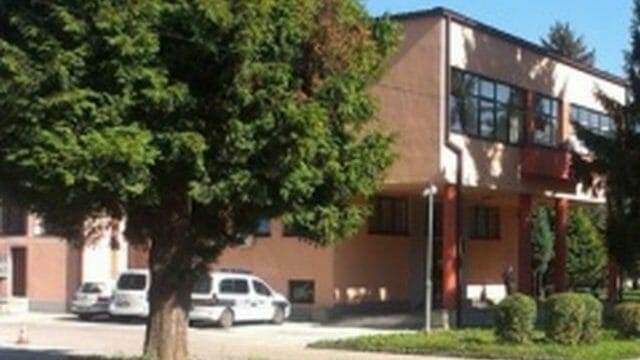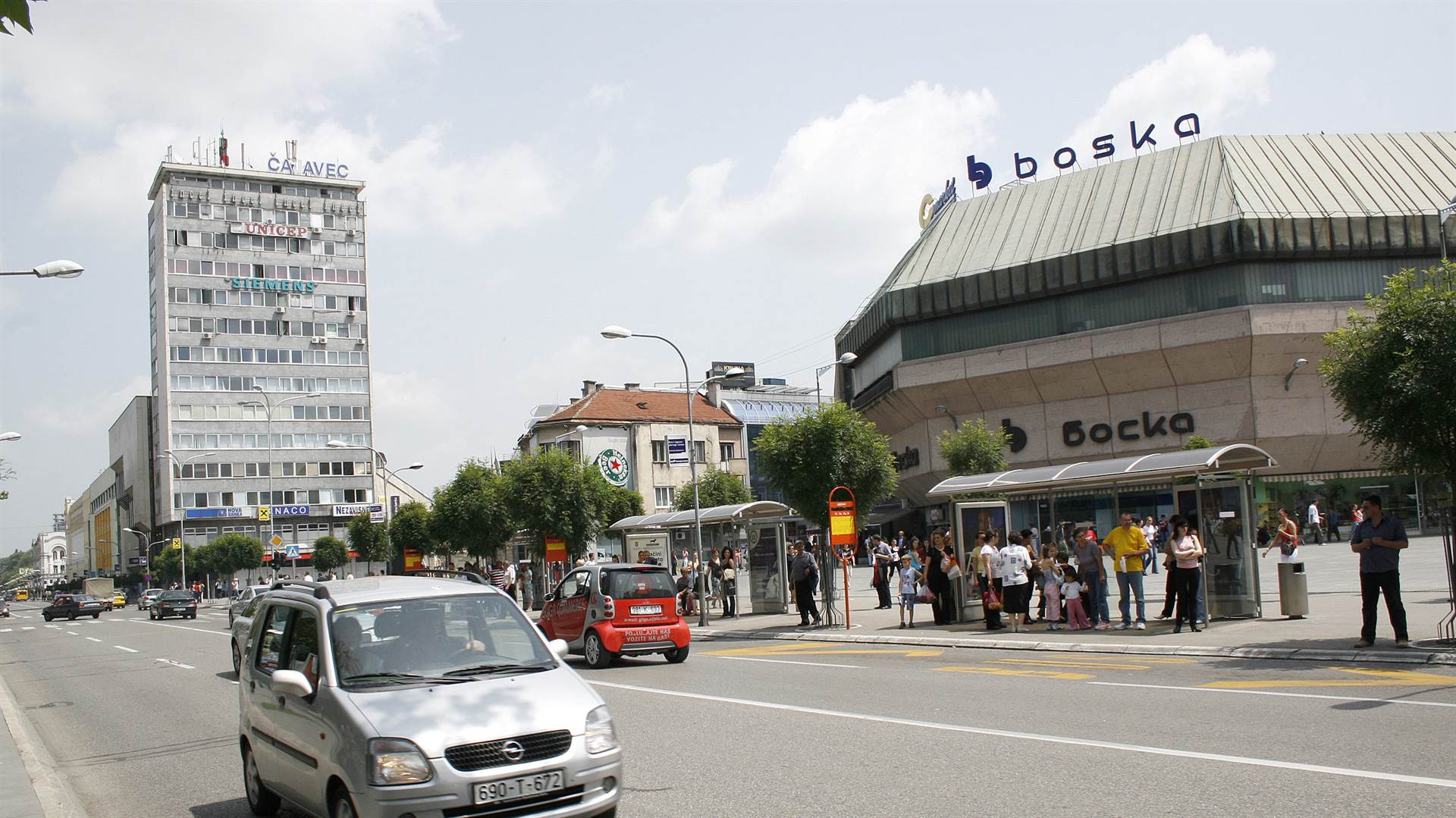This post is also available in: Bosnian
Expert witness Imset Katana’s first finding was an analysis of a signature by Adil Mujezinovic in a report issued by the night-duty staff at the Gorazde public safety station between 10pm and 6am on the night of September 17 or 18, 1992. According to Katana, the signature probably contains Mujezinovic’s signature.
Katana then presented his findings related to a certificate issued by the Gorazde public safety station on September 17, 1992. Katana determined that defendants Suljo Karkelja and Omer Ugljesa most probably signed it, as well as defendants Muhamed Adzem and Senad Halilovic.
Katana said there were six gradations in the expert evaluation of signatures, as follows: “positive,” “most probably,” “probably,” “undetermined opinion,” “most probably no” and “categorical no.”
Responding to a question by the defense teams, Katana said the stamp, the comparison of the stamp with other documents, the letters typed above the disputed signatures or the question of whether the signatures were written with the same pen weren’t the subject of his evaluation.
Katana presented his findings and opinion at the trial of Muhamed Adzem, Omer Ugljesa, Senad Halilovic and Suljo Karkelja, former members of the Bosnian Army. The district prosecution in Eastern Sarajevo has charged the defendants with participating in the murder of seven prisoners of war, all members of the Bosnian Serb Army, on September 17, 1992.
According to the charges, the prisoners of war were captured on August 21, 1992. They were then allegedly detained in the Municipal Secretariat for Internal Affairs in Gorazde. The indictment alleges they were then taken to Ladjeva Stijena in the village of Kopaci, where they were killed.
The prosecution announced that it would include its material evidence in the case file on March 24.

